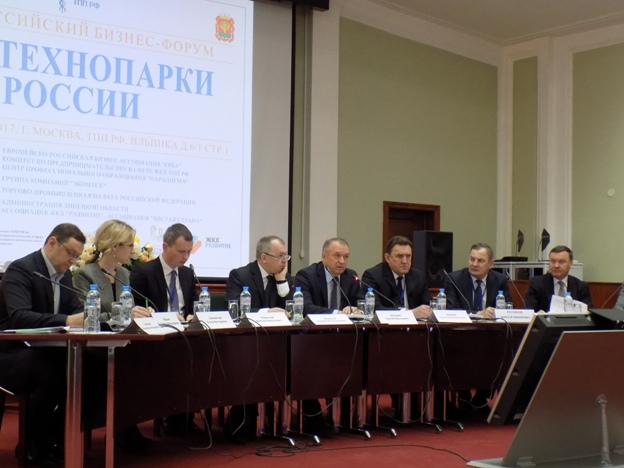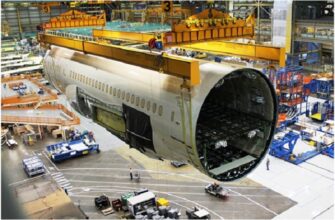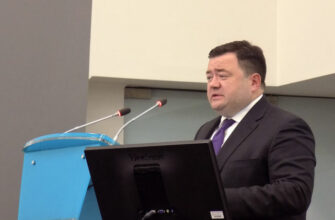A new approach to waste recycling, implemented by the government of Russia, will affect all of us. The basis of this approach is a responsible attitude to the problem of businesses and residents, or, in the terminology of the industry, the owners of the garbage. Announced in 2017 in Russia the Year of environmental protection, construction of infrastructure, industry waste disposal was discussed by the participants of the business forum “Eco industrial Parks of Russia”, organized by the European-Russian business Association “ERBA” and the administration of the Lipetsk region held on 06 February 2017 in the Congress center of chamber of Commerce and industry (RF CCI).
Russia is now processing about 10% of garbage, the rest is compressed and transported to distant landfills. Total annual revenue is estimated at 5.5 billion tons, the volume of household or municipal solid waste (MSW) is less than 1% (50 million tons). Accordingly, manufacturers mainly create garbage, hence they are charged a recycling fee that they pay on the subsequent disposal and recycling. Soon we, the individuals, will pay for the organization of recycling of our garbage.
Instead of a management organization, which currently manages all aspects of housing, till 01 may 2018 will come regional authorities (operators). Regional operators will conclude contracts with operators for waste management, corresponding to the requirements. Later, the activities of those recycling enterprises that does not meet the new requirements will be banned.
According to the report by Elena Semiletova, Deputy head of Committee on ecology of the State Duma, the tariffs will be agreed in mid-2018, but current tariff rates for 210-FZ will work until the contract expiry date. In each house, the receipt for the recycling will be included to general payment of utilities not later than on 01 January 2019. By 01 January 2025, all businesses will have to obtain integrated environmental permit.
As noted the Chairman of Сhamber of Commerce Committee housing and communal services Vladimir A. Shirokov, in Germany people began to sort the garbage in 1961, and learned how to do it by 2005. Russia will have to pass this way many times faster. This requires public advertising and the inclusion of such programs in the educational system, in use of colored containers, taking away different cars and preferences for responsible owners debris.
Recycling as a sector from March 2016 is the responsibility of the Ministry of industry and trade. The Ministry will build a system of Eco-industrial parks, will promote clusters and ecosystems in Russia, will develop methods of state support to recycling. Eco-industrial Parks – these are the businesses associated with each other through the production cycle, the global quantity is about 180. They have to continuously recycle waste and consume it in the amount of not less than 300’000 tons per year, and conduct scientific research. Eco-industrial clusters restrict the consumption of energy and natural resources by the companies-members.
Part of the recycling system in Russia is already created. About 20 regions have a high degree of readiness for the new system. These are Moscow, Tatarstan, Bashkiria, Kostroma, Saratov, where a waste-processing complex is built with the money of the Pension Fund of Gazprom, and, of course, Lipetsk Technopark “Lebedyansky”, founded 12 years ago. There are preparations to launch 2 factories in the Nizhny Novgorod region (German investors) and one in Moscow.
Since the forum was attended by representatives of the authorities and business, it identified a difference of approaches to the purpose of recycling. The authorities have to dispose of 100% waste, and the business – to achieve 100% effectiveness in their marketing. Current technologies, Russian and international, can handle up to 85-100% of waste the desired fraction. But processing of all fractions makes no sense, because after laborious receipt of the factions, no one will buy it (problem of the composition of commercial waste).




